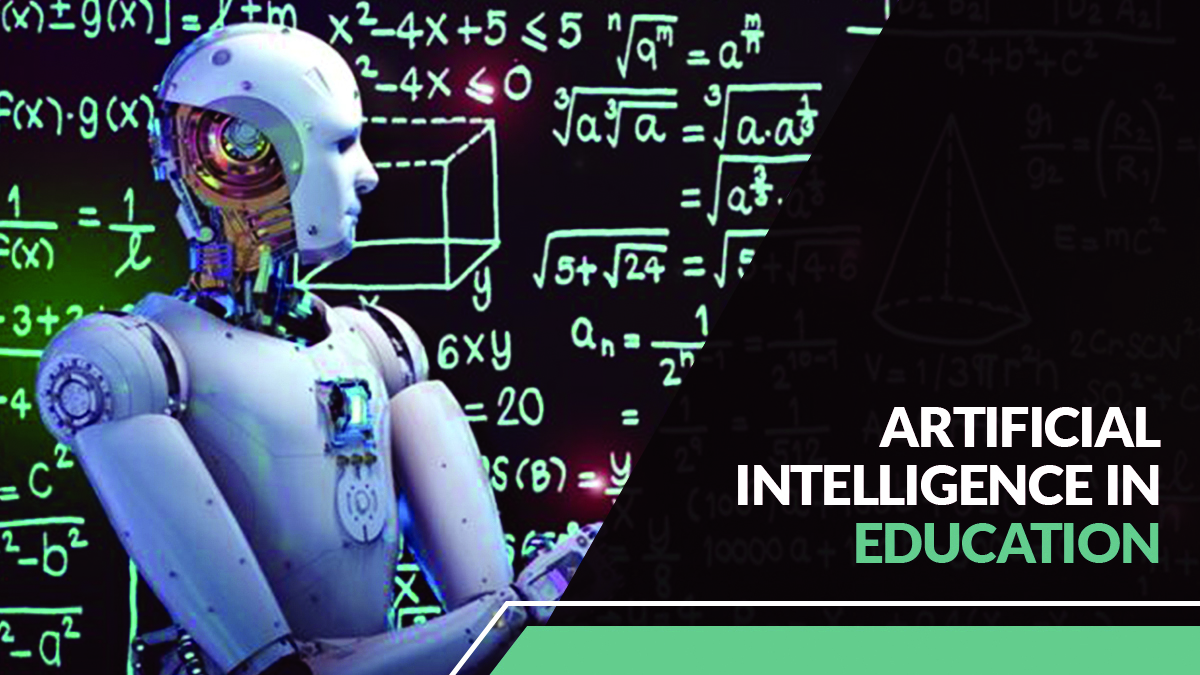The role of artificial intelligence in education
| Lela Mikeladze - 16 Mar 2025

How artificial intelligence enhances project-based learning!
The term “Artificial Intelligence” (AI) - or in English “Artificial Intelligence” (AI) - was first officially used in 1955.
Artificial intelligence is a branch of computer science that aims to create an intelligent computer program capable of achieving human intelligence.
Determining the level of intelligence largely depends on the task to be solved.
Technological development has substantially increased the availability of technical and software tools needed to create services based on artificial intelligence.
Artificial intelligence is already well trained. But this technology has already profoundly changed our daily life in almost all areas of life.
In general, there are three different forms of artificial intelligence: weak artificial intelligence, strong artificial intelligence, and the so-called Super artificial intelligence.
In recent decades, artificial intelligence has been used by all major companies. It is used in areas such as speech recognition, image and video analysis, unmanned vehicles, recommender systems, virtual assistants, healthcare diagnostics, Financial analysis and many others. EU countries say that those countries that are most actively using artificial intelligence will develop much faster than others, which means that this is the future. Therefore, it is important for students who will have to live in the world of artificial intelligence to understand exactly what it is, what positive or negative impact this technology can have on our daily life. Teaching about artificial intelligence in media literacy leads to discussions about the ethical implications of these technologies, such as privacy, data collection, and algorithmic accountability.
By studying artificial intelligence, teenagers are given the opportunity to actively engage with media and technology. They can use AI tools to create media, critically analyze AI-driven content, and make informed choices. This gives young people the opportunity to be active contributors rather than passive consumers.
Artificial intelligence can improve healthcare, education, transportation, cyber security and many other fields. It helps people better solve complex problems, make more informed decisions and improve their quality of life.
It is important to spell out the procedures and responsibilities for checking the functioning of artificial systems and make the results of the checks available to the public.
The researchers also talk about the many benefits of artificial intelligence in the report. However, engineers and inventors must also consider the many potential risks that come with the technologies they create.

Browse By Tags